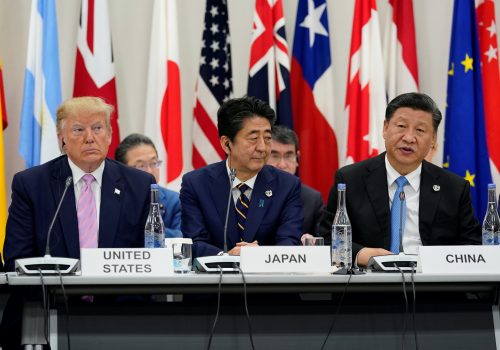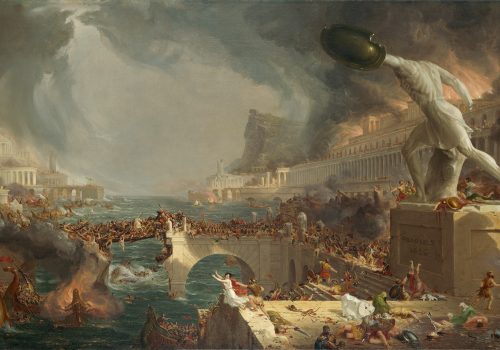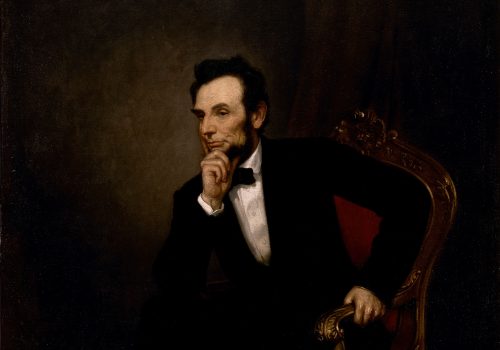Our newest strategy paper
Global Foresight series
Global Strategy series
Past strategy papers
Explore the program

The Scowcroft Center for Strategy and Security works to develop sustainable, nonpartisan strategies to address the most important security challenges facing the United States and the world.







